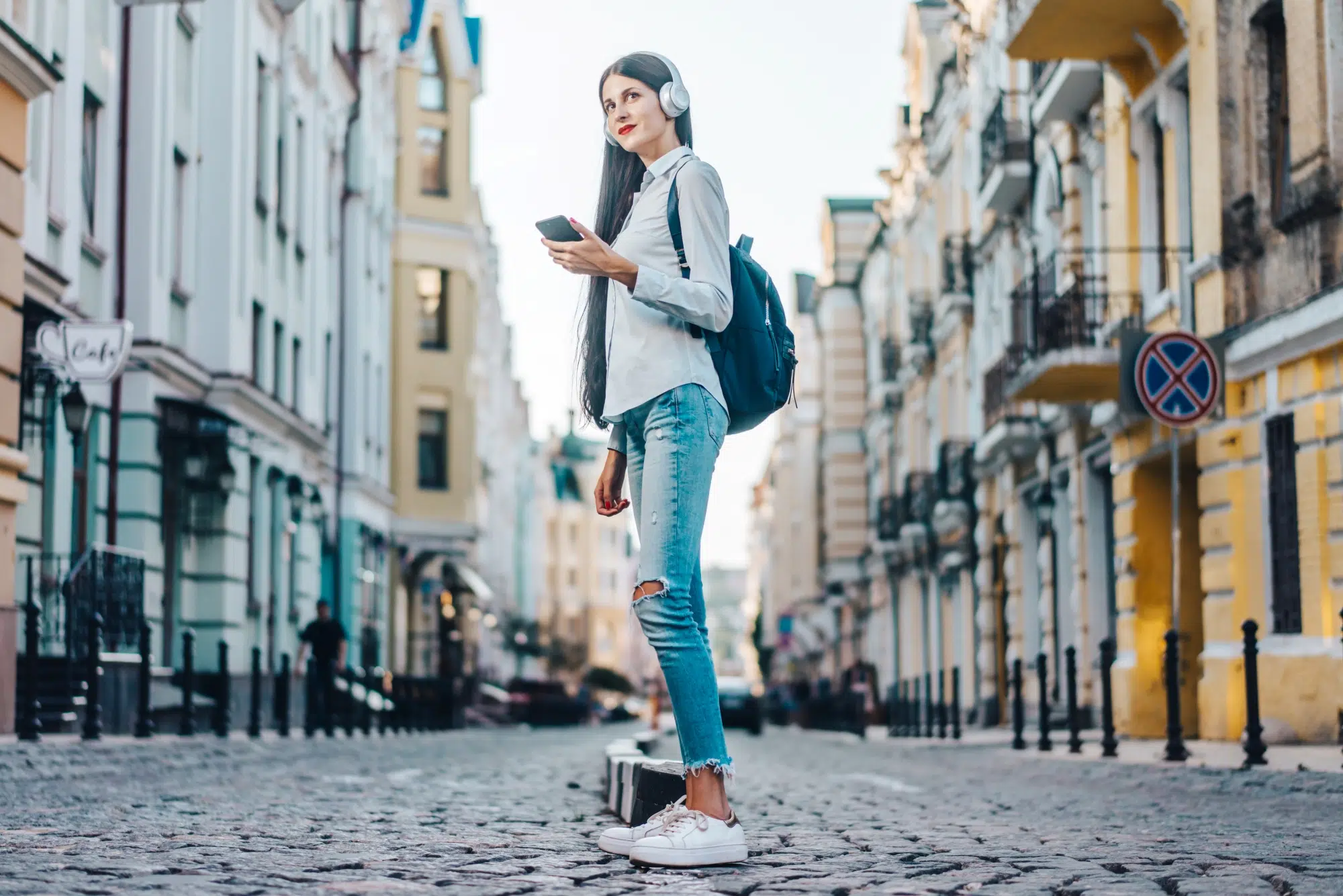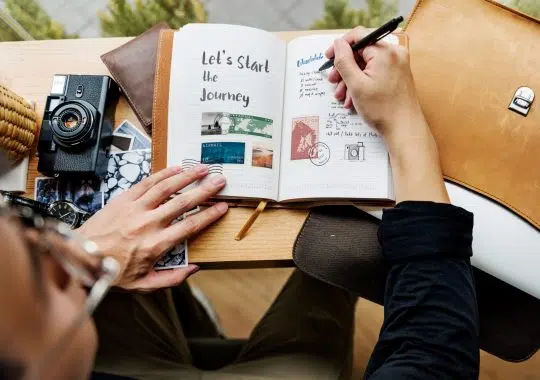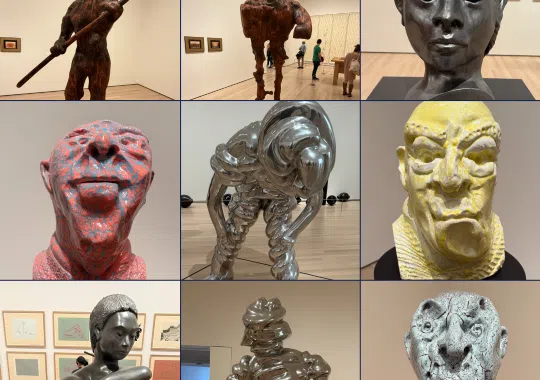Traveling can be an enriching experience, opening doors to new cultures, cuisines, and landscapes. However, for individuals who are hard of hearing, the journey can present unique challenges. In fact, recent research has found that close to half (45%) of disabled people, including those with hearing impairments, felt they couldn’t travel spontaneously due to the need to plan every journey thoroughly. While some hotels now boast guest amenities such as keyless entry, voice activation, and expanded app capabilities that may make stays more comfortable for differently-abled guests, there remains room for improvement.

Fortunately, technology has advanced to offer a variety of assistive tools that can enhance the travel experience for people with hearing impairments. In this article, we’ll explore four essential travel gadgets tailored for hard-of-hearing people, promising to improve accessibility and ensure a safer and more enjoyable trip.
Travel alarms
Travel alarms are essential for hard-of-hearing travelers, providing reliable alerts for waking up, flight departures, and other important events. Unlike alarms from smartphones which have limited modes, travel alarms that cater to the specific needs of those with hearing loss offer multiple alert options.
For instance, some alarms come with powerful vibration features that can be placed under pillows to ensure users wake up on time. Sonic Alert is one brand that has a travel-friendly portable version of a vibrating alarm clock. Meanwhile, those who prefer something more compact can travel with the Tabtime Vibrating Reminder Watch, which has 10 different vibrating alarms to wake you up when sounds aren’t an option.
Hearing glasses
Hearing glasses are perfect for social interactions, guided tours, and navigating public spaces. They allow hard-of-hearing travelers to stay connected and informed without drawing attention to their assistive devices. Nuance hearing glasses are equipped with built-in, invisible directional microphones and speakers to discreetly enhance auditory experiences. It does this through beamforming technology, isolating audio in front of the listener while reducing background noise. Hard-of-hearing travelers can use the device to enhance face-to-face communication at a busy airport or during a noisy group tour. The hearing glasses can also be customized to fit your prescription and light-responsive lenses that block 100% of UV rays, making them the ultimate travel companion.
Assistive smartphone apps
Smartphones have become indispensable travel tools, offering a range of assistive apps specifically designed to aid hard-of-hearing travelers. One standout app in this category is the InnoCaption captioning app. For people suffering from some degree of hearing loss, making calls over a smartphone can be a nightmare that causes frustration, anxiety, and feeling discouraged. When traveling, these calls are necessary for booking accommodations, coordinating with travel guides, and staying in touch with loved ones. InnoCaption makes calls hassle-free, allowing for real-time captioning of phone calls through best-in-class automated speech recognition technology and live stenographers. The app is free for anyone in the US with hearing loss, reducing the stress and uncertainty that often come with making and receiving phone calls in unfamiliar environments.
Vibrating directional wearables
Navigating busy streets and intersections can be daunting for anyone, but especially for those with hearing loss. The good news is that wearable vibrating directional gadgets can help you stay oriented in unfamiliar surroundings. For example, if you’re planning on cycling during your trip, you can utilize the Sonear traffic-sensing device. Created by industrial designer Divine Okoroji, Sonear uses ultrasonic sensors to monitor traffic. If a vehicle is nearby, the device delivers small vibrations to the back of the wearer’s head. The closer cars get, the stronger the vibration becomes, allowing cyclists to “feel” the car’s proximity. This ability to sense traffic reduces the risk of accidents, giving hard-of-hearing travelers greater confidence and independence as they explore new destinations.
By incorporating these innovative tools into their travel plans, hard-of-hearing individuals can explore the world more freely and fully, ensuring that their adventures are as memorable and fulfilling as possible.



